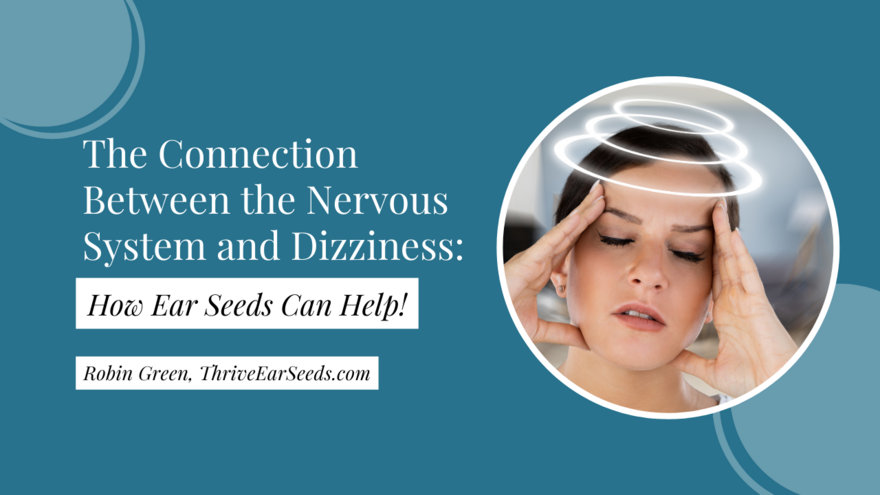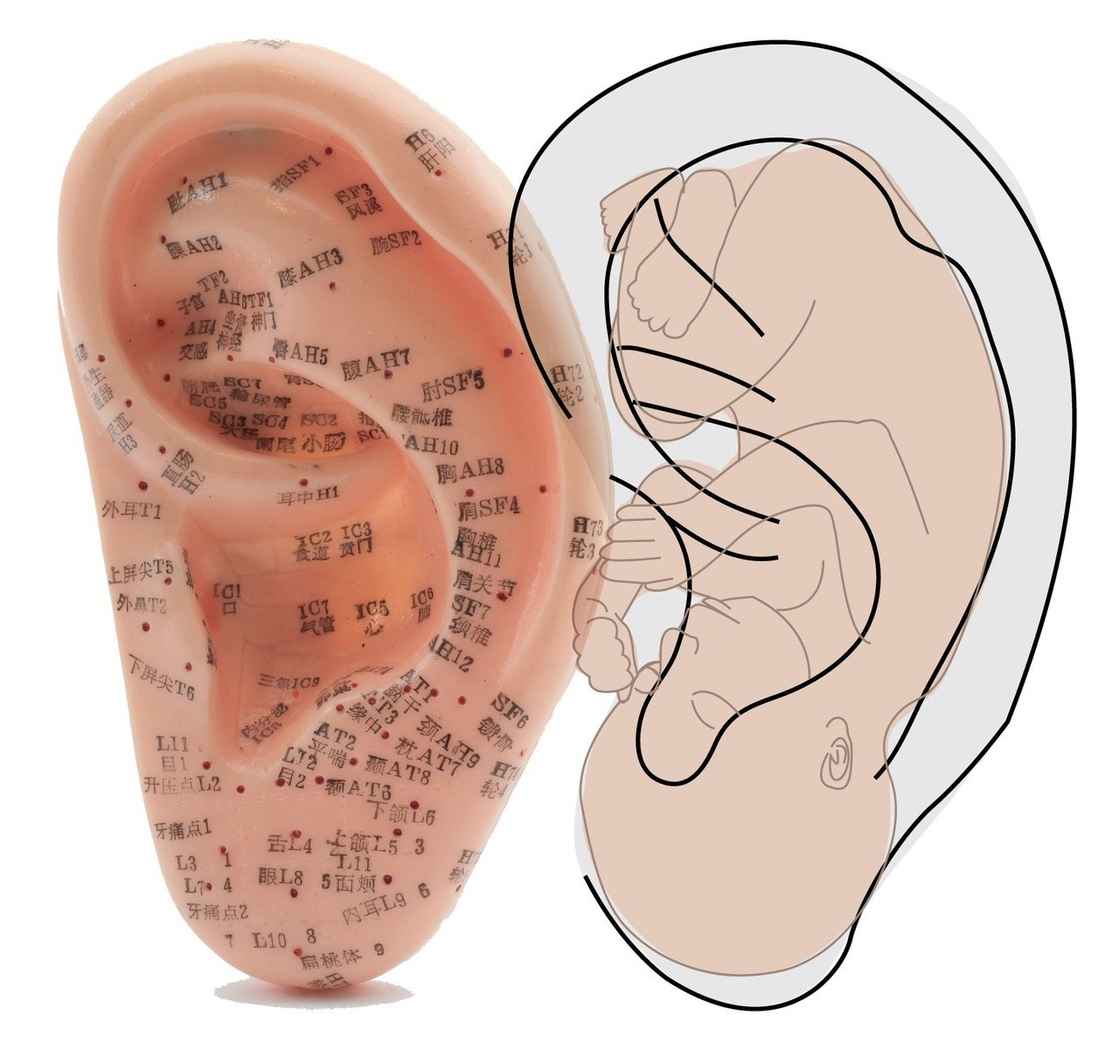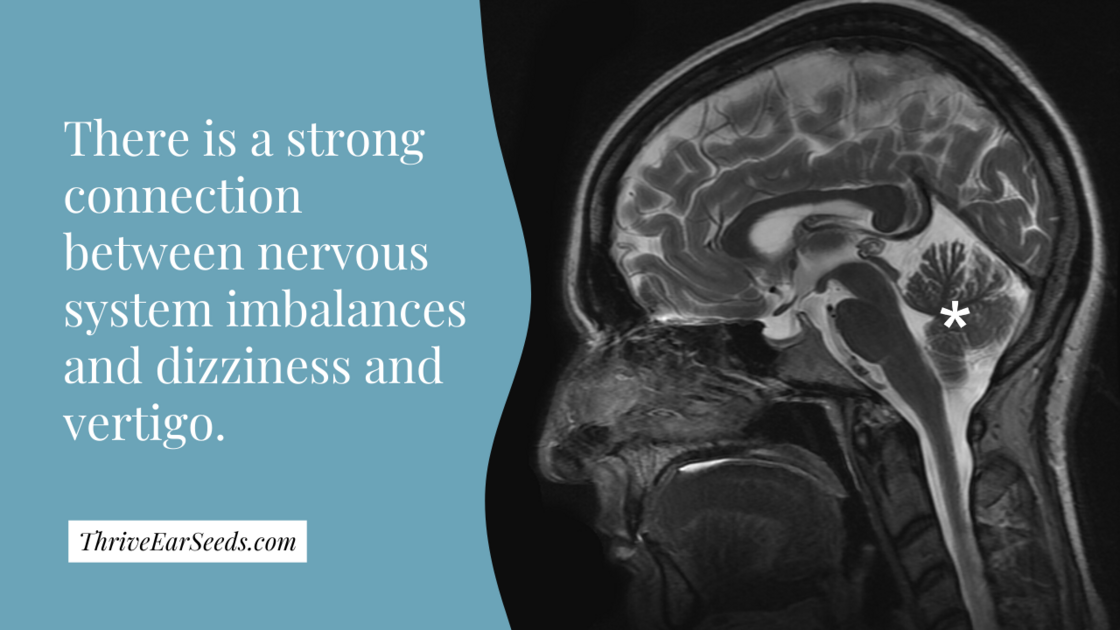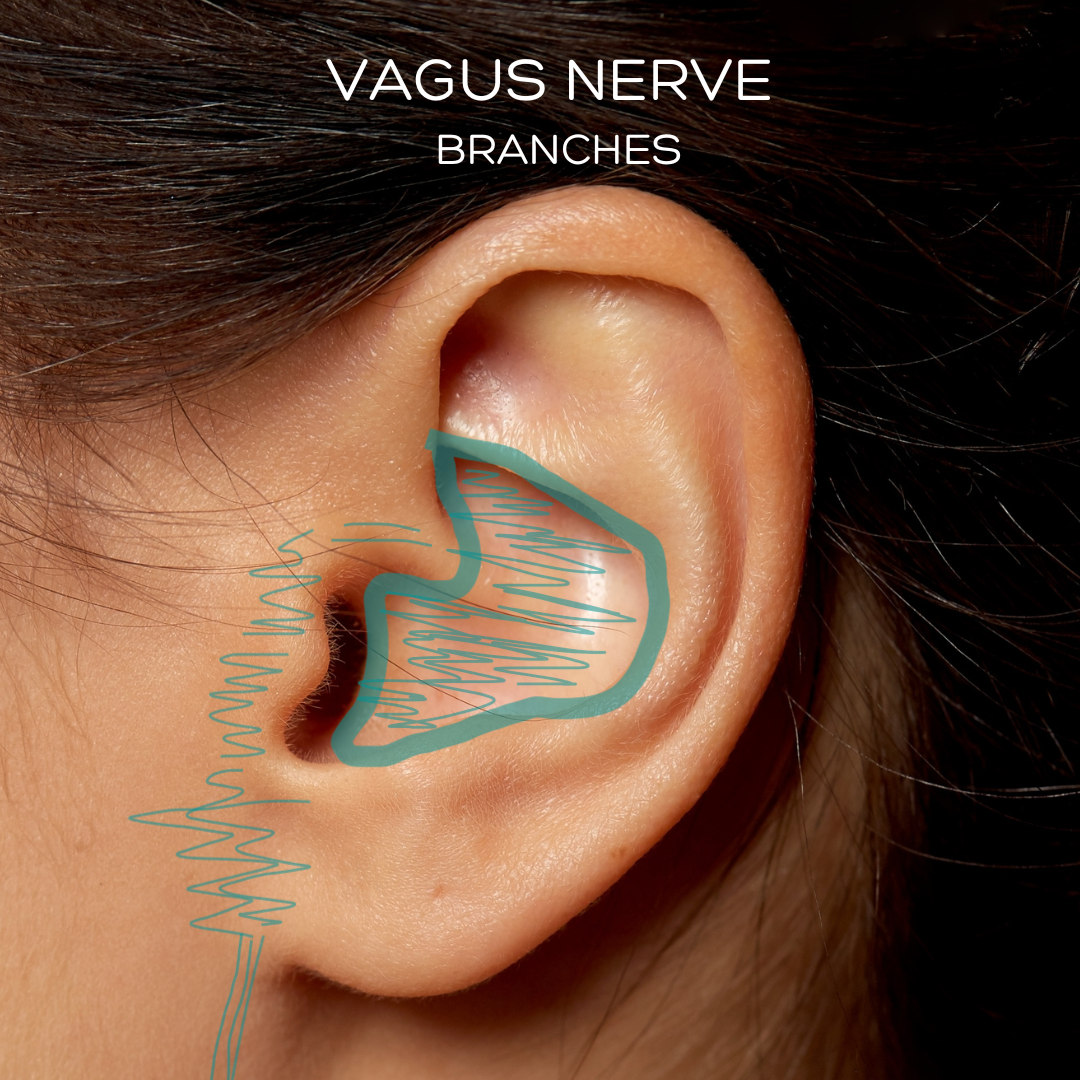
If you've ever experienced dizziness or vertigo, you know how uncomfortable and disorienting it can be.
These symptoms can make it difficult to carry out daily activities, and can even be dangerous if they occur while driving or operating heavy machinery. While there are several potential causes of dizziness and vertigo, there are natural remedies available to alleviate these symptoms, including ear seeds.
Common Causes of Dizziness and Vertigo
Dizziness and vertigo can be caused by a variety of factors, including inner ear problems, such as Meniere's disease or benign paroxysmal positional vertigo (BPPV). Other common causes include dehydration, low blood sugar, medication side effects, and anxiety. Identifying the root cause of your dizziness and vertigo is important, as it can help determine the most effective treatment.
Ear seeds are a natural remedy that can help alleviate symptoms of dizziness and vertigo by stimulating specific points on the ear that correspond to different areas of the body.
This modality is known as auriculotherapy and is based on the discovery by Dr. Paul Nogier that the ear is a microsystem of the body.
The ear microsystem is represented by the upside down baby in the ear. By stimulating corresponding points on the ear, it is believed that we can bring about healing in the corresponding body part.

Ear seeds are small seeds or pellets that are attached to specific points on the ear using adhesive tape. These seeds can be made of different materials, such as 24k gold, stainless steel, or vaccaria seeds, and can be left in place for up to 5 days.
The acupressure stimulation on the ear stimulates nerve branches that send signals to the brain, which is thought to activate the body's natural healing mechanisms and restore balance to the nervous system.
How Imbalances in the Nervous System Cause Dizziness & Vertigo
The nervous system plays a crucial role in regulating balance and equilibrium, and any imbalances in the system can lead to symptoms of dizziness and vertigo.
The peripheral portion of the vestibular system, which is located in the inner ear, is responsible for detecting changes in head position and movement, and relaying this information to the brain to maintain balance. However, if the vestibular system is not functioning properly, it can result in symptoms of dizziness and vertigo.
Research studies have shown that there is a strong connection between nervous system imbalances and dizziness and vertigo.
One article published in the Journal Laryngoscope found that individuals with chronic dizziness had altered functioning of the autonomic nervous system, which controls many of the body's automatic functions such as heart rate and digestion. This suggests that imbalances in the nervous system can contribute to symptoms of dizziness.

Another study published in the Journal of Neurology found that individuals with Persistent Postural-Perceptual Dizziness (PPPD) and other forms of chronic dizziness had abnormal functional activation and connectivity in the vestibular cortex and cerebellum. This is the part of the brain responsible for coordinating movement and balance. This suggests that changes in brain activation can also contribute to symptoms of dizziness.
Overall, these studies support the idea that nervous system imbalances can contribute to symptoms of dizziness and vertigo.
By addressing these imbalances through techniques such as ear seed therapy, it may be possible to reduce the severity of these symptoms and improve overall balance and equilibrium.
The Connection Between Ear Stimulation and the Nervous System

The ear is a unique area of the body in that it is the only place where the vagus nerve reaches the surface of the ear.
This nerve is a key part of the parasympathetic nervous system, which helps regulate the body's functions, such as heart rate and digestion. By activating the vagus nerve through acupressure stimulation from ear seeds, it is believed that we can help regulate these bodily functions and reduce symptoms such as dizziness and vertigo.
Natural Remedies for Dizziness and Vertigo
In addition to ear seeds, there are other natural remedies that can help alleviate symptoms of dizziness and vertigo. These include staying hydrated, practicing relaxation techniques such as deep breathing or meditation, and avoiding triggers such as caffeine or alcohol. Additionally, certain supplements such as ginger or magnesium may also be helpful.
Join the "Vertigo & Dizziness Relief with Ear Seeds" Class

If you're interested in learning more about how ear seeds can help alleviate symptoms of dizziness and vertigo, consider joining the "Vertigo & Dizziness Relief with Ear Seeds" class.
This class will cover the basics of auriculotherapy and provide practical tips for managing symptoms. Whether you're looking to reduce the severity of your symptoms or simply curious about alternative therapies, this class is a great opportunity to learn more about ear seeds and their potential benefits.

Comments